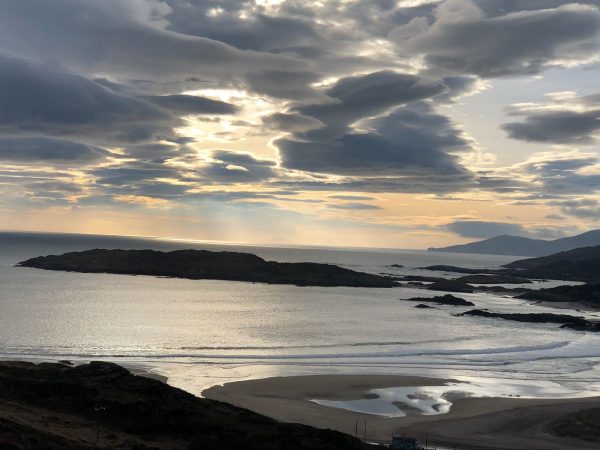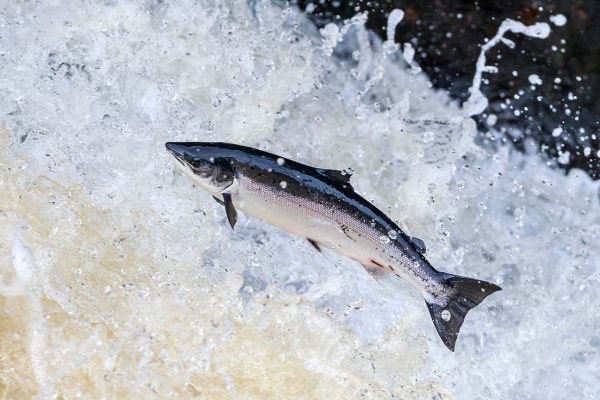International Council for the Exploration of the Seas (ICES)
Atlantic Salmon Stocks
Each year the North Atlantic Salmon Conservation Organisation (NASCO) requests advice from ICES on Atlantic salmon stocks in the north Atlantic. The advice takes the form of a report with recommendations on management of the resource.
The 2018 report summary carries some worrying trends and the situation regarding Atlantic salmon is alarming. The summary of the report from 2018 is as follows:
Summary WGNAS
- In the North Atlantic, exploitation rates on Atlantic salmon continue to be among the lowest in the time series.
- Nominal catch in 2017 was 1182 t. This was less than the previous year (1208t in 2016) and 6% and 16% less than the previous five and ten year mean values, respectively.
- The provisional estimate of farmed Atlantic salmon production in the North Atlantic area for 2017 is 1624 kt; production of farmed Atlantic salmon in this area has been over one million tonnes since 2009 and in 2017 provisional worldwide production of 2310 kt is 1900 times the catch of wild Atlantic salmon.
- The Working Group reported on a range of new findings regarding salmon assessment and management: including tracking programmes of Atlantic salmon in the Northwest Atlantic, interactions between striped bass and Atlantic salmon in eastern Canada, impact of capture and tagging on Atlantic salmon return rates, update on bycatch of salmon in pelagic fisheries, advances in genetic stock identification for mixed stock fisheries and progress in life cycle modelling to further opportunities for understanding salmon dynamics.
Atlantic Salmon Stocks - ICES Resources
ICES also carries out research into other areas which are of interest to conservationists and stakeholders and Salmon Watch Ireland has compiled a resource of ICES reports which might help explain some of the problems faced by Atlantic salmon.
Atlantic Salmon Stocks - Salmon at Sea (SALSEA)
Atlantic Salmon Stocks - La Rochelle
Salmon Watch Ireland attended the La Rochelle Conference in October 2011 regarding the results of the large scale study of Atlantic salmon at sea (SALSEA). The following extract from the International Atlantic Salmon Research Board explains the vision and objectives of the SALSEA project.
"SALSEA-Merge was an ambitious, three year, €5.5 million scientific project to investigate the migration and distribution of salmon in the North-East Atlantic. The project was supported by the European Commission under the 7th Framework Programme for Research and Technological development.
Vision & Objectives
SALSEA-Merge delivered innovation in the areas of: genetic stock identification techniques; new genetic marker development; fine scale estimates of growth on a weekly and monthly basis; the use of novel high seas pelagic trawling technology; individual stock-linked estimates of food and feeding patterns; and novel stock specific migration and distribution models.
The Project merged genetic and ecological investigations, to advance understanding of stock specific migration and distribution patterns and overall ecology of the marine life of Atlantic salmon and delivered insights into the factors resulting in increases in marine mortality. The final documents resulting from this Project are now available."

SALSEA has explained some of the factors which impinge on salmon survival. Salmon are idicators of changes at sea and freshwater and can be rightly regarded as a "canary in the mine" for climate change. Due to their migration distance they experience many different biological and physical changes to their environment which may be very different to historic conditions.
The film by Deirdre Brennan is excellent viewing and is available to view from amazon.com at following link Salmon at Sea. The following trailer is available.

